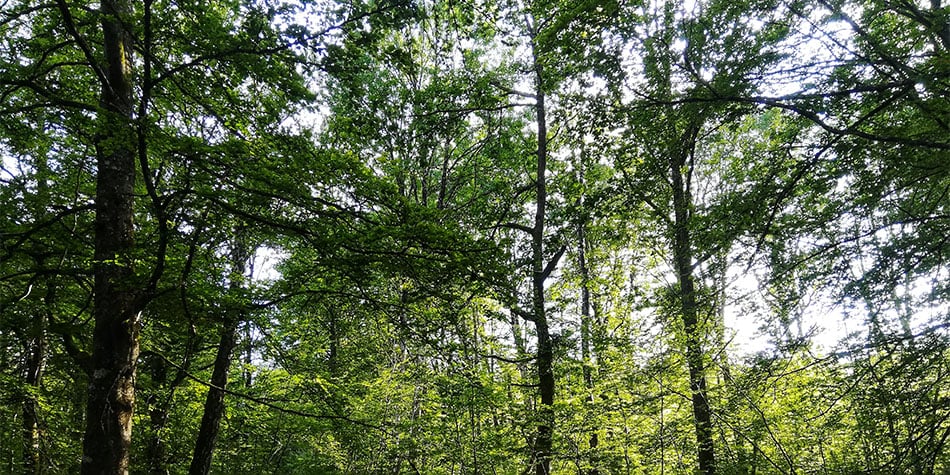Young people are leading the charge against climate change, but they’re also feeling the weight of the world. Deakin University PhD student Hasini Gunasiri shares insights from her research and her 2023 policy work on how we can understand and support young people experiencing climate anxiety.
Have you ever felt stressed, hopeless or worried about the future when you think of climate change? You are not alone!
Research suggests that climate change significantly impacts mental health and wellbeing. Young people (18–24 years), who are at the forefront of climate action, are especially vulnerable. They are grappling with the impacts of climate change now and will likely continue to face them throughout their lives.
Mental health impacts
Young people are at a stage in life where they are developing their personal beliefs, values, and ethics and expanding their awareness and knowledge of global issues. For many young people, increasing their knowledge and awareness about climate change serves as a healthy response to this complex problem. They use it to motivate themselves to take climate action. Climate action can be either individual, such as recycling or gardening, or community action, such as participating in climate strikes or beach cleanups.
On the other hand, young people may experience emotions such as sadness, grief, stress, worry, hopelessness and powerlessness related to climate change that can negatively impact their mental health and wellbeing.
In recent studies, new terms including ‘eco-anxiety’ and ‘climate anxiety’ have come into play describing these emotions related to climate change impacts.
Young people may experience these emotions because they feel like it is their responsibility to mitigate climate change impacts. They are aware that their generation and future generations will be the most affected by climate change and therefore feel the urgency to make a difference.
Listening to young people
Unfortunately, many young people with climate anxiety are not understood or listened to by society. Research highlights how this lack of understanding can make them feel more hopeless, powerless and unheard.
Supporting young people experiencing climate anxiety
We can all play a valuable role in understanding their feelings and supporting them to find ways to cope with climate change-related mental health and wellbeing impacts. As suggested by Headspace, here are some ways we can support young people experiencing climate anxiety:
- Communicate with them to understand their concerns and worries regarding climate change and the impacts it may be having on their mental health. It is important to listen to them deeply with empathy and focus on shared views.
- Acknowledge their feelings and let them know that their feelings are valid. Keep in mind not to de-emphasize the seriousness of the issue for them or jump quickly to solutions.
- Discuss changes that you can start collectively within your household.
- Support them to find balance between serious things in life and fun activities
- Share good and inspirational news stories about what people are doing to mitigate climate change.
- Give reassurance that it is not solely their responsibility and that many people are working towards sustainable solutions.
- Give reassurance that individual action matters and do not underestimate their contribution to social action.
- Express gratitude, respect, and admiration for their commitment towards mitigating climate change impacts and that their love and care for the environment are valued.
- If you have concerns that climate change related mental health and wellbeing impacts are interfering with their daily life, validate their experience and normalise seeking extra support including professional support when needed. Explore support options together with the young person.
Let’s all try to listen to what young people have to say and ensure that their emotions are validated and used constructively towards reducing climate change-related mental health and wellbeing impacts.
Building a better future for young people
The 2023 policy research led by Gunasiri and Adjunct Associate Professor Rebecca Haddock highlights additional ways society can support young people facing climate anxiety.
First, it stresses the need to develop a comprehensive evidence base on the mental health impacts of climate change on children and young people. It also calls for training mental health professionals to address climate change-related mental health issues and creating national guidelines to tackle climate change misinformation on social media.
Additionally, providing safe spaces for young people to discuss their climate-related concerns is essential. There’s also a push to integrate climate resilience, active citizenship and media literacy into the education curriculum to better equip young people for the challenges ahead.
Finally, the policy stresses the importance of including children and young people in decision-making on health and climate change to ensure their voices are heard and their needs are addressed.
This article was written with Deakin PhD student Hasini Gunasiri. Read the original article here.

